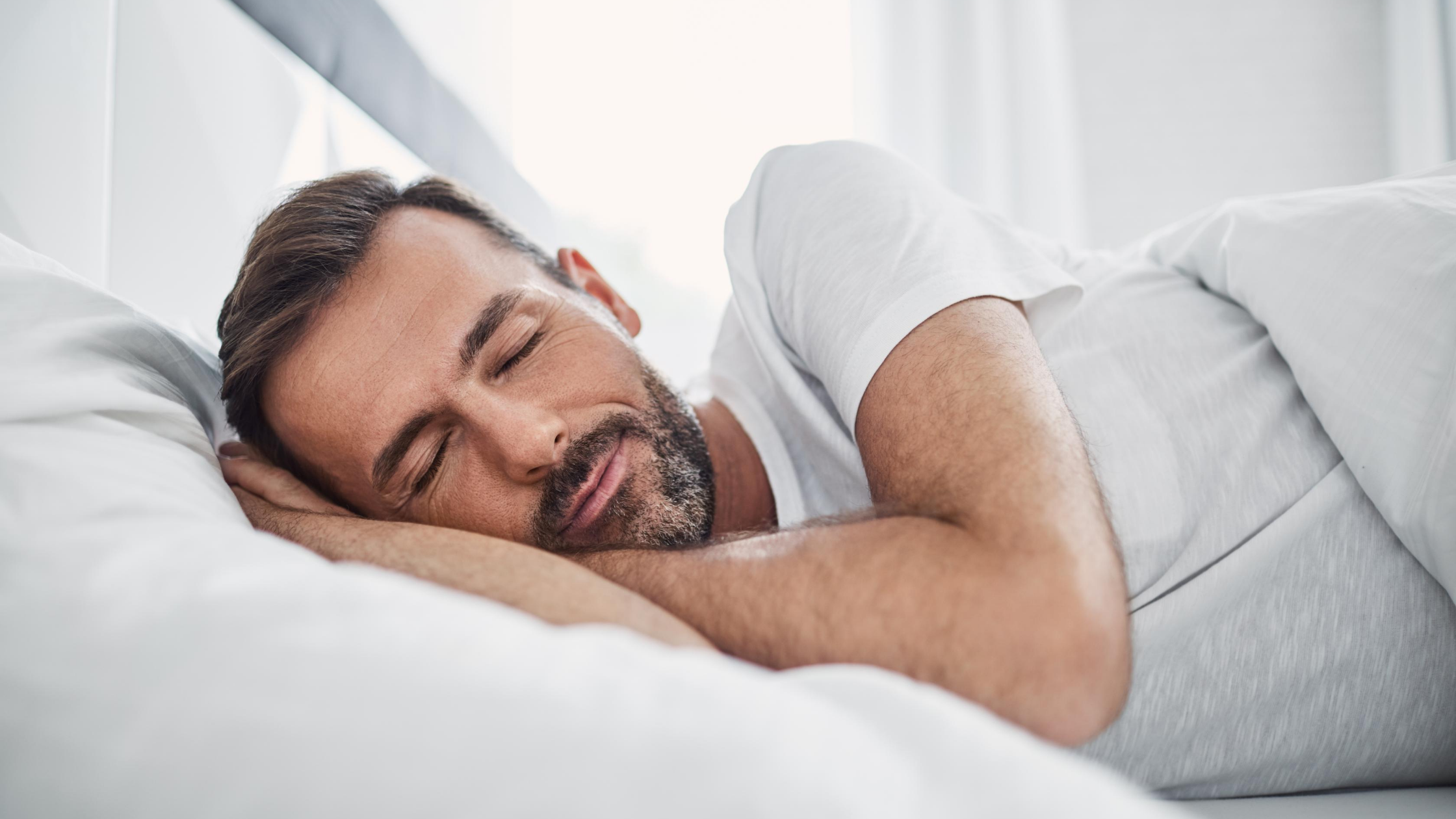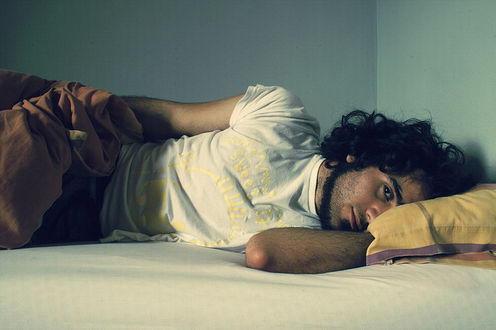


The pain medications usually have an effective time frame from 4 to 6 hours after taking the medication. I suggest to my patients that are experiencing this pain increase in the middle of the night to put off that last dose of pain medications until midnight or after. So I took this information and experience and came up with my own intervention philosophy to break that 2-3 am pain increase. My experience has always been in regard to lumbar flare-ups from having considerable joint and disc degeneration, not a surgical procedure, so I had not been taking prescription pain medications before the lumbar flare-up, I really try to avoid them if I can.īut my experience translates perfectly to the physiology of endorphins and enkephalins, as well as matching the pattern of my patient’s symptoms of pain. Upon awakening, my pain levels are tolerable even without pain medication. I have sat at my kitchen table wringing my hands trying not to give in to taking more pain medication, and at sunrise, I get a significant reduction in pain, enough so that I can go back to bed and sleep till about 10 am. I have, on more than one occasion, been awakened at 2-3 in the morning with pretty severe pain. We go to bed and about 2-3am we are awakened by pain. That means at about 4 hours before sunrise the body starts to burn through its supply of endorphins and enkephalins leaving the patient without their natural pain killers at about 2-3 o’clock in the morning.Īnd that is what my patients tell me as well as experiencing the same thing myself. They are released at sunrise and enough is produced to last four about 20 hours on a kind of time-release schedule. They are the body’s own pain killers and anti-inflammatory hormones.Įndorphins and enkephalins are produced by the human body on a circadian rhythm. Endorphins and EnkephalinsĮndorphins and Enkephalins are two different five-amino-acid molecules produced by the human body and found distributed throughout the human body in the brain, nerve tissue, and some endocrine glands. When the 24-hour cycle is interrupted by a period of significantly increased or decreased light such as a long plane trip, that person can experience difficulty with sleep and awake times sometimes taking several days to re-adjust to the current time zone. The melatonin causes the person to become tired and readies the person for sleep. The hippocampus, upon receiving this information, signals the release of melatonin. The circadian rhythm can be influenced by external factors such as light and darkness.Īn example would be when the eyes recognize it is dark outside and informs the hippocampus it is time to slow down a little. This circadian rhythm controls such things as the energy levels a person may have during different parts of the day. Inside everyone’s brain, there is an internal 24-hour clock controlled by the hippocampus. Their body is not producing enough endorphin and enkephalin to control the pain from about 2-3am until sunrise.The two most common reasons a new total knee patient’s pain wakes them in the middle of the night are: Why does total knee replacement pain wake me at night?

See my article: Ice After Total Knee Replacement: A PT’s Complete Guide. My experience, treating patients with sleep disturbance after total knee replacement, is that after about three nights of poor sleep, the sleep deprivation is as much of a problem for the patient than the pain that is keeping them awake.Īll of my patients are using either Ice Packs or Cold Therapy Machines (Amazon affiliate links) multiple times daily to help control pain levels. The total knee replacement patients I see in their home after total knee replacement are frequently telling me they did not sleep well the night before and I sometimes see this sleep disturbance pattern lasting for much longer than necessary.Īfter a couple of nights not sleeping well the patient will become increasingly irritable, desperate to get some sleep.

Getting adequate sleep after a total knee replacement is a huge factor in the patent’s pain perception after total knee replacement As a physical therapist, having seen hundreds of total knee replacement patients a day or two after surgery, sleep disturbance is a common complaint.


 0 kommentar(er)
0 kommentar(er)
